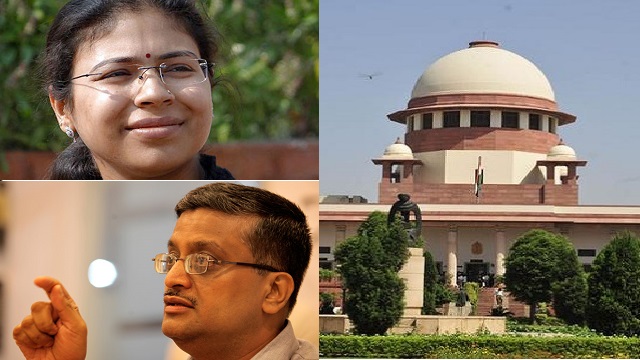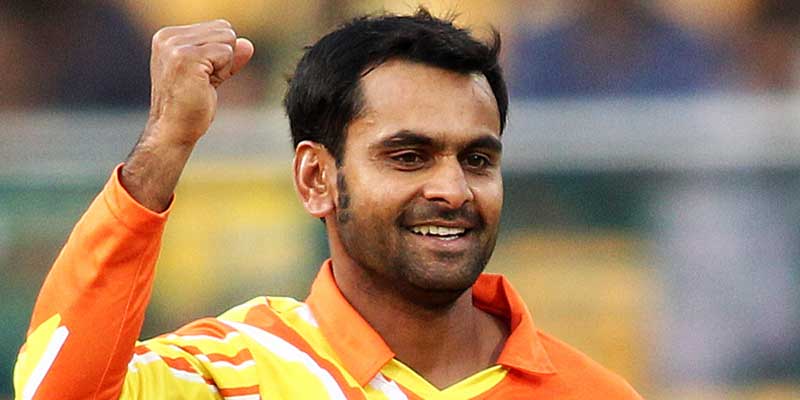The Supreme Court on Thursday directed the Centre and the States to set up a Civil Services Board (CSB) for the management of transfers, postings, inquiries, process of promotion, reward, punishment and disciplinary matters.
Gone are the days when the politicians can reign over bureaucracy. The Supreme court of India has given a landmark judgement which will unshackle the bureaucracy from political control.
The Supreme Court on Thursday directed the Centre and the States to set up a Civil Services Board (CSB) for the management of transfers, postings, inquiries, process of promotion, reward, punishment and disciplinary matters.
A Bench of Justices K.S. Radhakrishnan and Pinaki Chandra Ghose, giving a series of directions while disposing of a public interest writ petition — filed by former Union Cabinet Secretary T.S.R. Subramanian; former CECs T.S. Krishnamurthy and N. Gopalaswami; former Indian Ambassador to the U.S. Abid Hussain; former CBI Director Joginder Singh; former Manipur Governor Ved Prakash Marwah and 77 others — also said bureaucrats should not act on verbal orders given by politicians and suggested a fixed tenure for them.
Writing the judgment, Mr. Justice Radhakrishnan said “the CSB, consisting of high ranking service officers, who are experts in their respective fields, with the Cabinet Secretary at the Centre and Chief Secretary at the State level, could be a better alternative (till the Parliament enacts a law), to guide and advise the State government on all service matters, especially on transfers, postings and disciplinary action, etc., though their views also could be overruled, by the political executive, but by recording reasons, which would ensure good governance, transparency and accountability in governmental functions.”
The Bench asked Parliament to enact a Civil Services Act under Article 309 of the Constitution setting up a CSB, “which can guide and advise the political executive transfer and postings, disciplinary action, etc.” The Bench directed the Centre, State governments and the Union Territories to constitute such Boards “within three months, if not already constituted, till the Parliament brings in a proper Legislation in setting up CSB.”
The Bench said “We notice, at present the civil servants are not having stability of tenure, particularly in the State governments where transfers and postings are made frequently, at the whims and fancies of the executive head for political and other considerations and not in public interest. The necessity of minimum tenure has been endorsed and implemented by the Union Government. In fact, we notice, almost 13 States have accepted the necessity of a minimum tenure for civil servants. Fixed minimum tenure would not only enable the civil servants to achieve their professional targets, but also help them to function as effective instruments of public policy.”
Deprecating repeated transfers, the Bench said minimum assured tenure ensures efficient service delivery and also increased efficiency.The Bench directed the Centre, States and Union Territories to issue appropriate directions to secure providing of minimum tenure of service to various civil servants, within three months.
The judgement comes against the backdrop of the controversial move by the Uttar Pradesh government of suspending (and then reinstating) IAS officer Durga Shakti Nagpal, who was investigating the sand mafia in the state, and of the Haryana government of shunting out IAS officer Ashok Khemka, who was investigating land deals undertaken by Robert Vadra, son-in-law of Congress party president Sonia Gandhi. The Supreme Court had refused to intervene on PILs filed in both matters.
The move is bound to improve the quality of governance across the country. However, it is also likely to further soil the relationship between the executive and judiciary, already strained by the latter effectively making policy in some instances.
Meanwhile, the Congress party, which heads the United Progressive Alliance government, criticized the order.
Experts say implementing the order may prove difficult and they fear that it will provoke another face-off between the executive and the judiciary.
However, experts also say that the ruling is unworkable. Pratap Bhanu Mehta, president of think-tank Centre for Policy Research, said on Twitter: “On the face of it, Supreme Court is continuing its constitutional usurpation; and many orders are practically unworkable.”
Given the fact that CBI is already probing multiple cases and the famous whistleblower bureaucrat Ashk Khemaka is still in office, guess it will be real freedom for the babus which will be tested and tasted soon.





